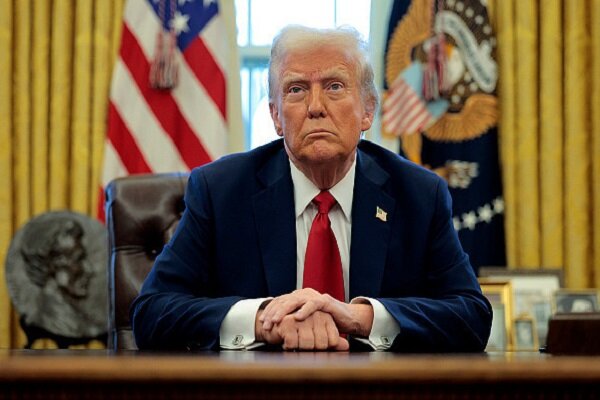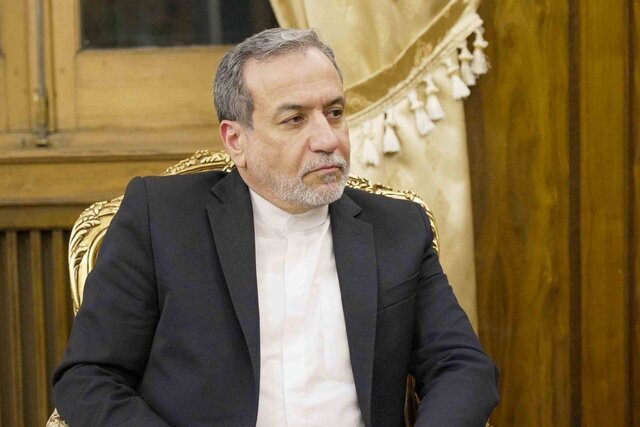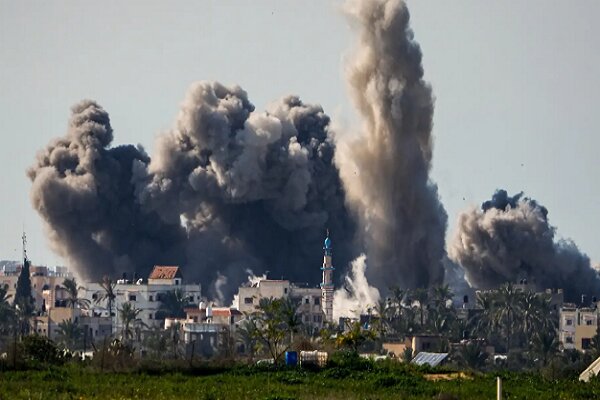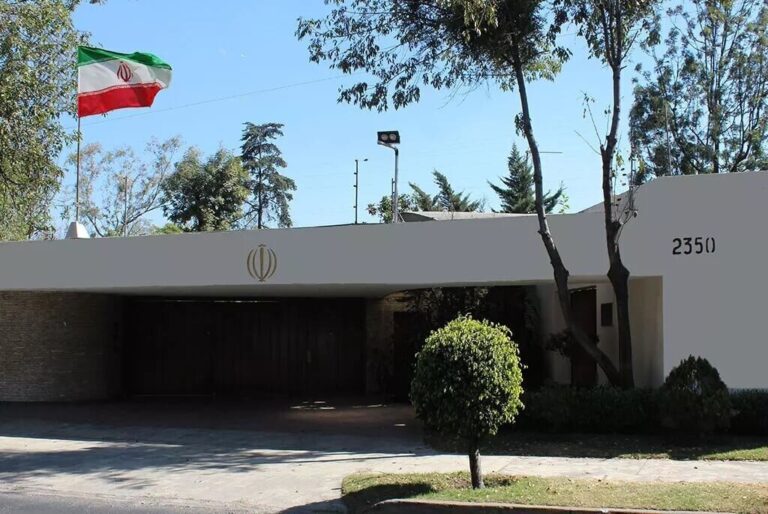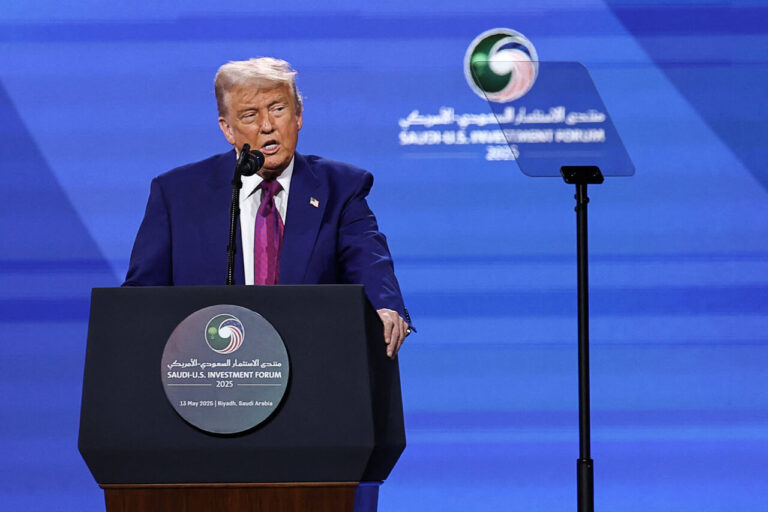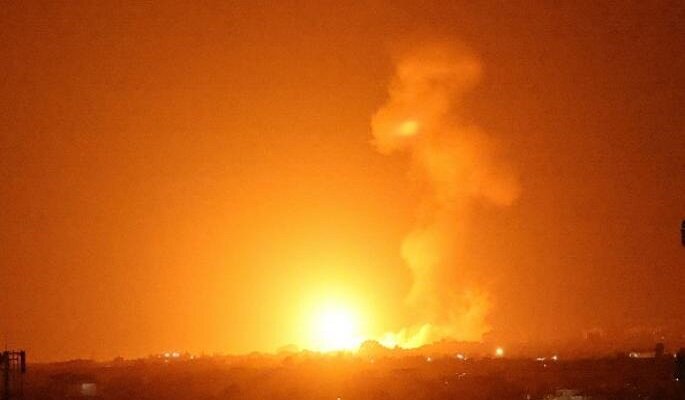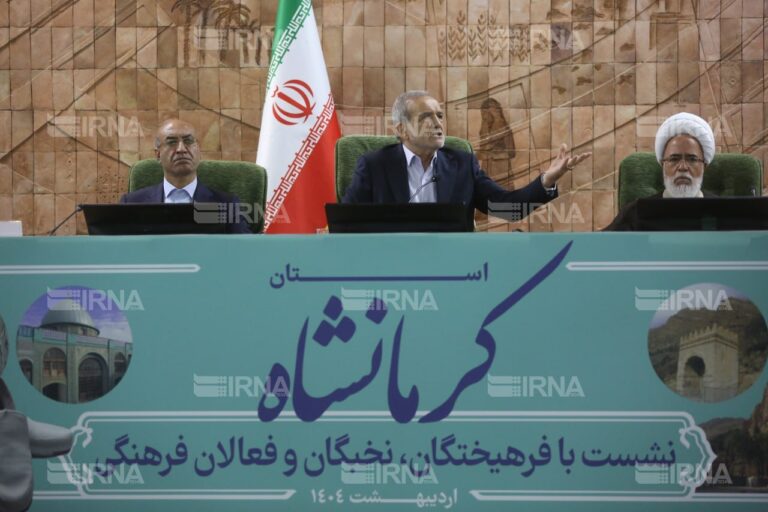Trump Declares Productive Meetings on Iran: Key Insights and Future Strategies
In a significant diplomatic development, former President Donald Trump recently discussed the ongoing nuclear negotiations with Iran. These talks have been a focal point of international relations, especially following the second round of discussions that took place in Rome. The emphasis on these talks highlights the intricate dynamics of nuclear diplomacy and the importance of strategic dialogue in mitigating tensions.
During a press briefing on Monday, Trump shared insights about the meetings, stating, “We had very good meetings actually on Iran.” His positive remarks suggest a constructive atmosphere during the negotiations, which many analysts believe is crucial for future progress.
Here’s a summary of the key points from Trump’s statements regarding the Iran nuclear talks:
- Positive Meetings: Trump noted the meetings were productive, indicating a willingness to engage further.
- Next Steps: He mentioned that the next phase requires “a little time,” suggesting that patience will be essential in the ongoing discussions.
- International Implications: The outcomes of these talks could significantly affect global political relations, particularly in the Middle East.
These discussions are part of a broader effort to address Iran’s nuclear program, which has been a contentious issue for years. The international community, particularly nations involved in the Joint Comprehensive Plan of Action (JCPOA), remains watchful of these developments. The JCPOA was initially designed to limit Iran’s nuclear capabilities in exchange for relief from economic sanctions, but its effectiveness has been debated.
Trump’s comments come at a time when there is an urgent need for diplomatic solutions to prevent escalation. The ongoing debates around Iran’s nuclear ambitions have implications not just for regional stability but also for global security. The success or failure of these negotiations could reshape the landscape of international relations.
As the discussions continue, analysts are paying close attention to several factors that may influence the outcome:
- Domestic Pressures: Both the U.S. and Iran face internal political pressures that could impact their negotiating positions.
- Global Reactions: Other nations, particularly in Europe and the Middle East, are keenly observing the talks, as they have stakes in the region’s stability.
- Economic Sanctions: The lifting of sanctions is a critical issue that could incentivize Iran to comply with nuclear restrictions.
In addition to these key points, it is essential to consider the historical context of U.S.-Iran relations. The relationship has been fraught with tension since the 1979 Iranian Revolution, and the nuclear issue has only added more complexity to their interactions. Diplomatic efforts have fluctuated over the decades, with periods of negotiation followed by escalated conflict.
Trump’s administration previously took a hardline stance on Iran, leading to the U.S. withdrawal from the JCPOA in 2018. This move was met with criticism from various quarters, including international allies who believed that the agreement was a vital component of stability in the region. The recent meetings in Rome signal a potential shift in strategy, focusing on dialogue rather than confrontation.
Moving forward, it remains uncertain how these negotiations will unfold. The following elements are likely to play pivotal roles in shaping the future of U.S.-Iran relations:
- Negotiation Tactics: The methods and strategies employed by both sides will be crucial in determining the outcome.
- International Support: Garnering support from other nations could influence the negotiations and affect Iran’s decisions.
- Public Sentiment: The opinions of the domestic population in both countries may pressure leaders to adopt particular stances.
In conclusion, the ongoing nuclear talks between the U.S. and Iran represent a critical juncture in international diplomacy. As Trump indicated, there is a need for patience and careful negotiation to navigate the complexities of this situation. The world watches closely as these discussions unfold, hoping for a resolution that enhances peace and stability in the region.
As the situation develops, updates on the negotiations will be essential for understanding the broader implications for global security and international relations. The stakes are high, and the road ahead may be challenging, but constructive dialogue remains a vital tool in addressing these pressing issues.
